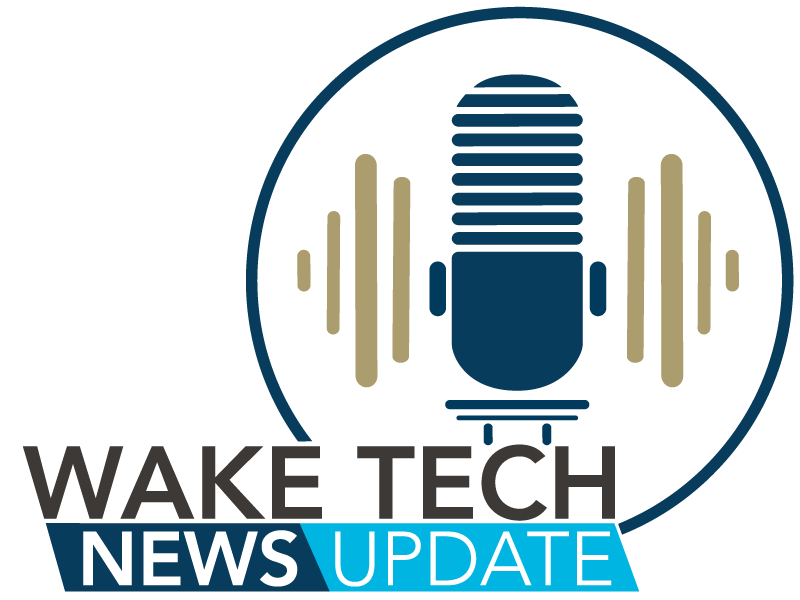New study shows Imagination Library of Colorado boosts kindergarten readiness – The Pagosa Springs Sun
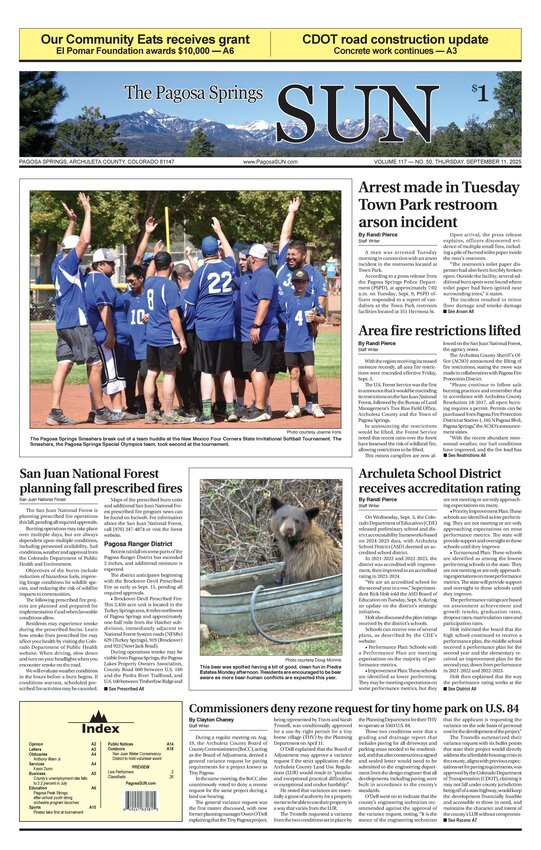
Evaluation of Imagination Library of Colorado and its Contribution to Sustainable Development Goals
Program Overview
An independent evaluation conducted by the Colorado Evaluation and Action Lab at the University of Denver has assessed the impact of the Imagination Library of Colorado (ILCO). ILCO is a statewide nonprofit organization, affiliated with Dolly Parton’s Imagination Library, that provides high-quality, age-appropriate books to children from birth to age five at no cost to families. The program aims to foster a love of reading and improve early literacy skills, which is foundational to achieving global education targets.
Evaluation and Key Findings
The 2022 evaluation, mandated by state legislation, confirms the program’s efficacy in preparing children for kindergarten. The key findings indicate a significant positive impact on early literacy skills.
- Children enrolled in ILCO scored 0.125 standard deviations higher on the Dynamic Indicators of Basic Early Literacy Skills (DIBELS) assessment upon entering kindergarten compared to non-participants.
- ILCO participants were 16-24 percent less likely to score in the “well below benchmark” category on DIBELS assessments, thereby reducing the need for future remedial reading support.
- The educational benefits were observed broadly across all student demographics, with no significant differences in impact for multilingual learners or children from low-income families.
Alignment with Sustainable Development Goal 4: Quality Education
The ILCO program directly supports the achievement of SDG 4, which aims to ensure inclusive and equitable quality education and promote lifelong learning opportunities for all.
- Target 4.2: By providing access to quality early childhood development, care, and pre-primary education, ILCO ensures that children are ready for primary education. The program’s proven success in improving kindergarten readiness is a direct contribution to this target.
- Inclusive Education: The program’s model of mailing books directly to homes removes barriers to access, promoting inclusivity and equity in early learning.
- Foundational Literacy: By improving basic literacy skills from a young age, the program sets a positive educational trajectory, reducing the resources required to address reading deficiencies in later grades.
Alignment with Sustainable Development Goal 10: Reduced Inequalities
ILCO’s operational model and outcomes are strongly aligned with SDG 10, which calls for reducing inequality within and among countries.
- Target 10.2: The program promotes social and economic inclusion by offering a universal, no-cost resource to all families, irrespective of their economic status or background.
- Equal Opportunity: The evaluation confirmed that benefits are distributed equitably across diverse student groups. This demonstrates the program’s effectiveness in reducing inequalities of outcome by ensuring children from all backgrounds have the tools to develop crucial early literacy skills.
Alignment with Sustainable Development Goal 17: Partnerships for the Goals
The success and scalability of ILCO exemplify the principles of SDG 17, which emphasizes the importance of multi-stakeholder partnerships to achieve sustainable development.
- Target 17.17: The program is a successful public-private partnership involving:
- Dolly Parton’s Imagination Library (a global non-profit)
- The Imagination Library of Colorado (a statewide 501(c)(3))
- The Colorado Department of Early Childhood (a government entity)
- Over 55 local non-profit affiliates
- Private donors
- Collaborative Model: This partnership structure facilitates a shared funding model and leverages community engagement to ensure the program’s statewide reach and long-term sustainability.
Statewide Reach and Impact
The program’s extensive reach demonstrates its significant contribution to early childhood education across Colorado.
- ILCO operates in all 64 Colorado counties.
- Monthly books are delivered to over 87,000 children, representing approximately 27 percent of the state’s eligible birth-to-five population.
- Since its inception in 2005, the program has mailed more than 2.5 million books to children in Colorado.
- To further enhance accessibility and inclusivity, families now have the option to select a fully bilingual Spanish/English book list.
1. Which SDGs are addressed or connected to the issues highlighted in the article?
SDG 4: Quality Education
- The article’s primary focus is on the Imagination Library of Colorado (ILCO) program, which aims to improve early literacy skills and prepare children for kindergarten. This directly aligns with the goal of ensuring inclusive and equitable quality education. The text explicitly states the program is “helping prepare children for kindergarten by significantly improving early literacy skills.”
SDG 10: Reduced Inequalities
- The program’s impact on various demographic groups is a key finding, connecting it to the goal of reducing inequality. The article highlights that the educational benefits “were seen broadly across student groups, with no significant differences for multilingual learners or children from low-income families,” demonstrating an effort to close educational gaps among different populations. The service is also provided “at no cost to families,” removing economic barriers to access.
SDG 17: Partnerships for the Goals
- The article describes the operational structure of ILCO as a multi-stakeholder partnership. It mentions collaboration between the state government (“Colorado Department of Early Childhood,” “Senate Bill 20-185”), non-profit organizations (“55 nonprofits across the state,” “ILCO is a 501(c)(3) nonprofit”), and private funding (“private donors”). This model is a clear example of a partnership to achieve sustainable development objectives.
2. What specific targets under those SDGs can be identified based on the article’s content?
SDG 4: Quality Education
- Target 4.2: “By 2030, ensure that all girls and boys have access to quality early childhood development, care and pre-primary education so that they are ready for primary education.” The article directly supports this target by describing how the ILCO program provides books to children from birth to age 5 to “help children succeed in school” and “arrive at school ready to read and succeed.”
SDG 10: Reduced Inequalities
- Target 10.2: “By 2030, empower and promote the social, economic and political inclusion of all, irrespective of age, sex, disability, race, ethnicity, origin, religion or economic or other status.” The program promotes inclusion by providing free access to educational resources regardless of a family’s economic status. The finding that benefits are seen across diverse groups, including “multilingual learners or children from low-income families,” directly relates to ensuring equitable outcomes for all.
SDG 17: Partnerships for the Goals
- Target 17.17: “Encourage and promote effective public, public-private and civil society partnerships, building on the experience and resourcing strategies of partnerships.” The article details such a partnership, explaining that ILCO works with the “Colorado Department of Early Childhood,” “private donors,” and “55 local affiliates” (non-profits) who “fundraise to pay half the cost” of the books, showcasing a collaborative funding and implementation model.
3. Are there any indicators mentioned or implied in the article that can be used to measure progress towards the identified targets?
Indicators for Target 4.2 (Quality early childhood development)
- Kindergarten Readiness Assessment Scores: The article explicitly mentions a specific metric used to measure the program’s success: “Children enrolled in ILCO scored 0.125 standard deviations higher on the Dynamic Indicators of Basic Early Literacy Skills (DIBELS) assessment at kindergarten entry.”
- Proportion of Children Needing Remedial Support: Progress is measured by the reduction in the number of children who are behind academically. The article states, “ILCO participants were 16-24 percent less likely to score ‘well below benchmark’ on DIBELS, reducing the need for remedial reading support.”
- Program Participation Rate: The article provides data on the program’s reach, which serves as an indicator of access. It notes that ILCO delivers books to “more than 87,000 children — about 27 percent of the state’s birth-to-5 population.”
Indicators for Target 10.2 (Inclusion of all)
- Disaggregated Performance Data: The article implies the use of disaggregated data as an indicator of equity. The statement that there were “no significant differences for multilingual learners or children from low-income families” shows that progress is being measured by comparing the outcomes of different demographic groups to ensure the program’s benefits are distributed equitably.
Indicators for Target 17.17 (Effective partnerships)
- Number and Type of Partners: The existence and scale of the partnership are used as an indicator. The article specifies the involvement of the state government, private donors, and “55 local affiliates” (non-profits).
- Collaborative Funding Model: The structure of the financial partnership serves as an indicator of its functionality. The article describes a matching funds model where local affiliates “fundraise to pay half the cost to mail more than 85,000 books each month.”
4. Table of SDGs, Targets, and Indicators
| SDGs | Targets | Indicators |
|---|---|---|
| SDG 4: Quality Education | 4.2: Ensure access to quality early childhood development and pre-primary education. |
|
| SDG 10: Reduced Inequalities | 10.2: Promote the social and economic inclusion of all, irrespective of economic or other status. |
|
| SDG 17: Partnerships for the Goals | 17.17: Encourage and promote effective public, public-private and civil society partnerships. |
|
Source: pagosasun.com
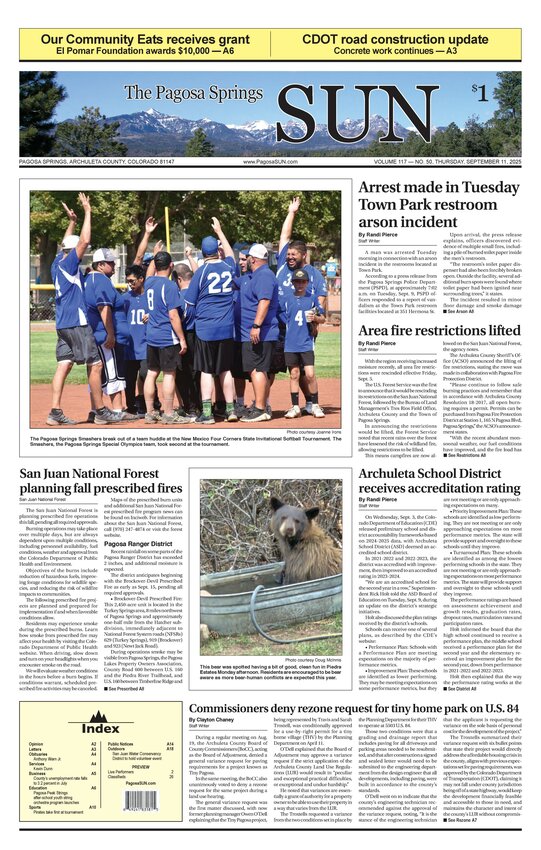
What is Your Reaction?
 Like
0
Like
0
 Dislike
0
Dislike
0
 Love
0
Love
0
 Funny
0
Funny
0
 Angry
0
Angry
0
 Sad
0
Sad
0
 Wow
0
Wow
0

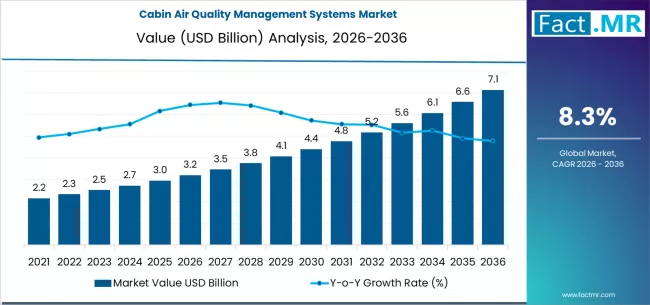







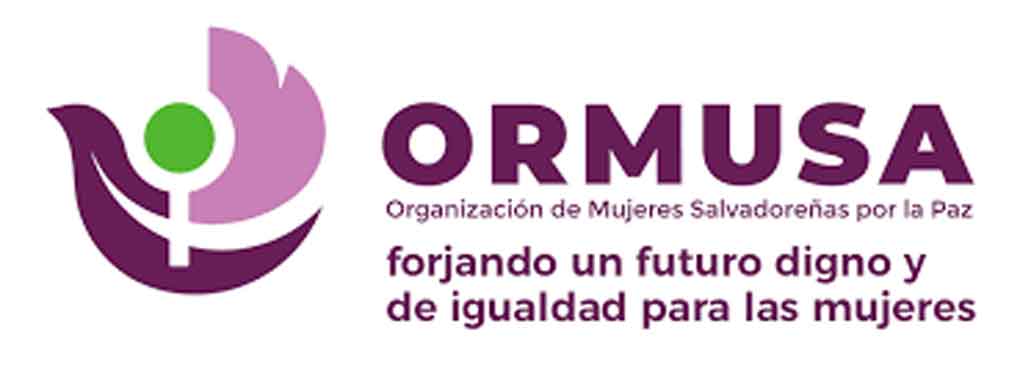













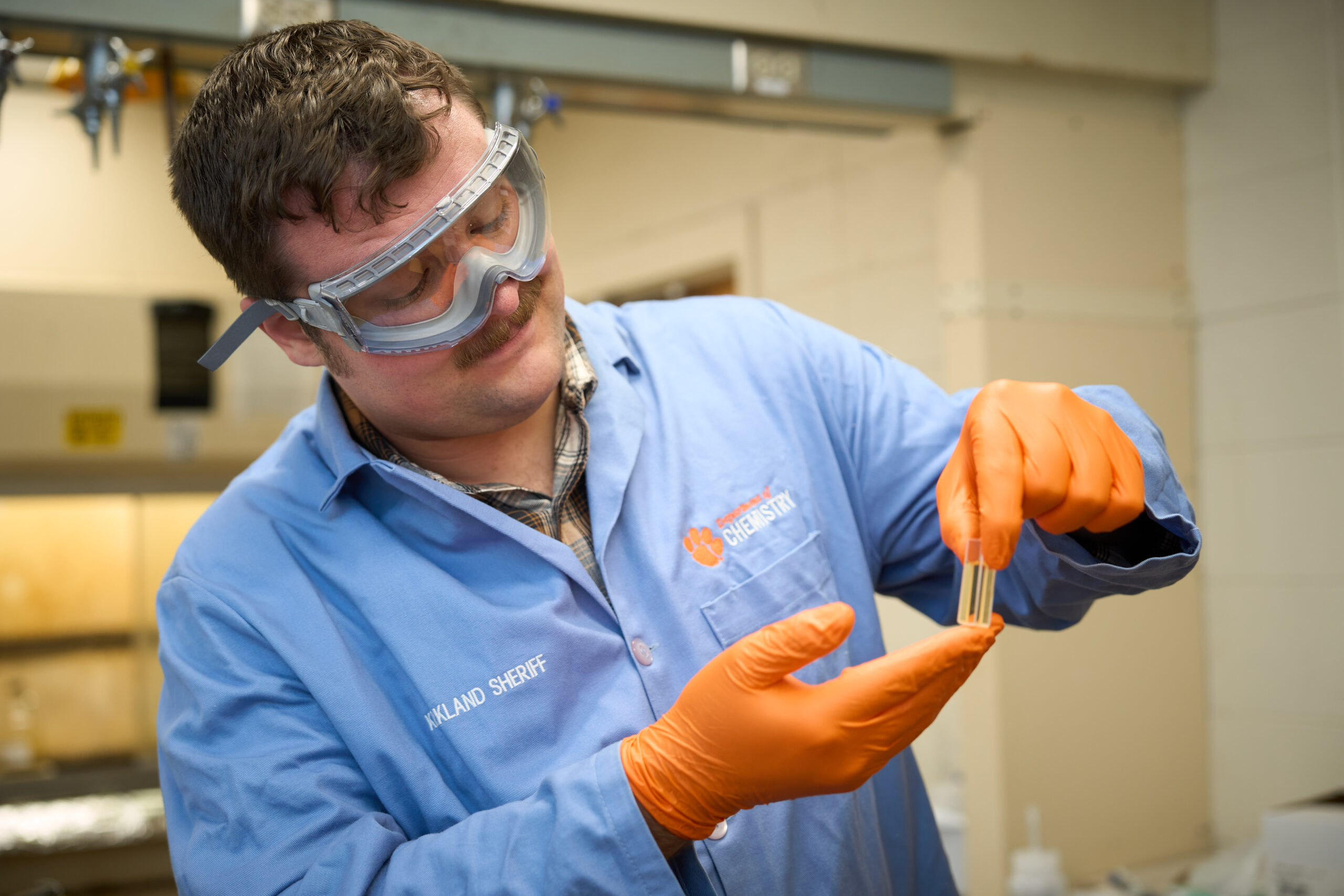



















;Resize=620#)




















